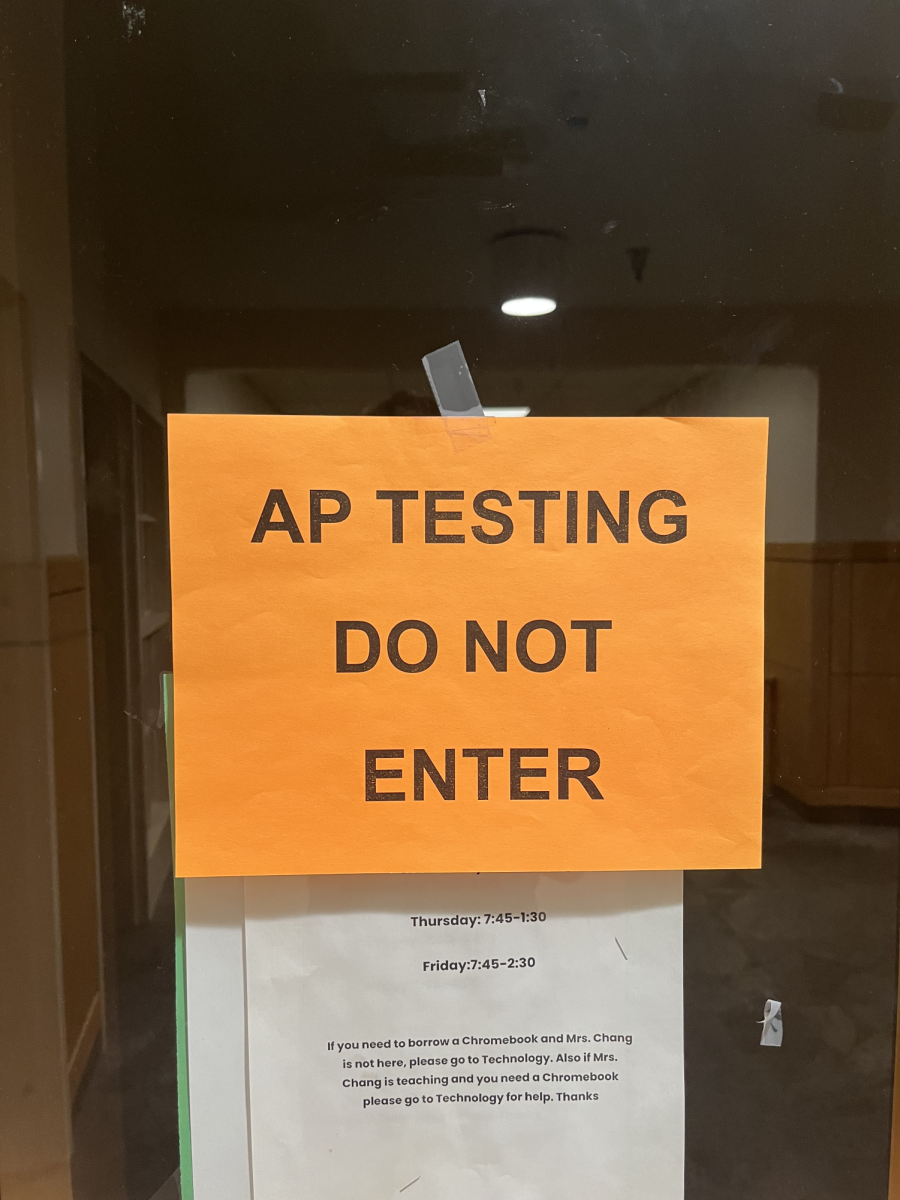 MCAS testing was first administered in 1998 and ever since 2003 it has been a graduation requirement, and a nuisance, for students. However, after a vote on November 5th, 2024, it looks like this will no longer be true.
MCAS testing was first administered in 1998 and ever since 2003 it has been a graduation requirement, and a nuisance, for students. However, after a vote on November 5th, 2024, it looks like this will no longer be true.
With an almost 60% majority, the citizens of the commonwealth of Massachusetts have voted to repeal the requirement to pass a competency exam in order to graduate, however, this now begs the question of what comes next? I will be answering that question in this article, but first we have to talk about why this vote even took place, and how people feel about the result.
Ever since MCAS was first implemented, people have thought that it was an unnecessary hurdle in the already stressful lives of students. The Massachusetts Teachers Association believes that, “What they do not need is a time-wasting, myopic focus on a high-stakes standardized testing system that has never worked”. People also say that MCAS results only tell us things that we already know, which is that people in lower income areas have worse education than those in higher income areas, and it fails to report any useful information. Finally, according to The Boston Globe in 2019, 702 students were unable to graduate because of MCAS scores. Although this might not seem like a lot because it’s, “only” 702 kids out of thousands, these kids met all other graduation requirements but were denied because of one test score.
On the other hand, people point out that after MCAS was introduced, Massachusetts education ranking rose to one of the highest in the country. Supporters of MCAS point out that according to WWLP, almost 95% of students pass MCAS by their second try, so it barely affects kids’ graduation. Overall, people wanting to get rid of MCAS is nothing new, and it was only a matter of time.
For what comes next, this vote really doesn’t change much about the testing itself. Federal law requires that all schools in the US provide standardized tests from third through eighth grade, and once in high school. So although MCAS may no longer be a graduation requirement, kids will still have to take it. Massachusetts schools might even have to make a new test, which would end up taking even more time and money. This vote does however, remove the fear of not being able to graduate because of a bad score.
When asked for their opinions on the results of this vote, teachers and students had pretty similar opinions. Maddox Sardinas said that the test was “a good benchmark for general skill”, and should be used to see who is falling behind, and Ms. Moran agrees that “having some form of accountability is important… to make sure we are reaching those foundational goals.” Another commonality was the idea that this isn’t an end to standardized testing, and that MCAS or something like MCAS will still be around, so this vote isn’t very impactful.
Standardized testing is in many ways helpful, but can also be detrimental to students. It’s almost impossible to make a test that accurately shows information, but isn’t an annoyance to students. In order to make these tests as efficient and helpful as possible, we need to find a good balance between these two things.








